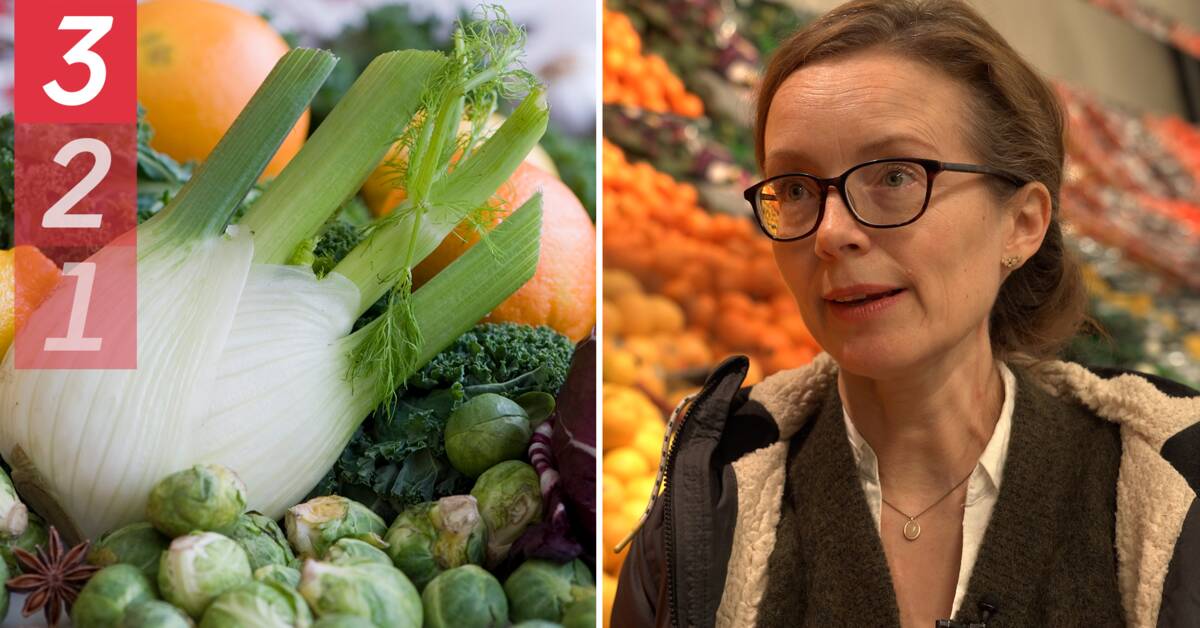In the new report, a total of four out of ten say they buy fresh vegetables to a lesser extent this year compared to 2022 and one in three claim to buy less fruit. The reason is the rising food prices.
According to Statistics Sweden (SCB), the price of vegetables has increased by just under 25 percent in the past year, while fruit has become almost 16 percent more expensive.
'Worrying developments'
Karin Fritz, advisor at the Swedish National Food Agency, describes the development as "worrying".
"We also see that there is a difference when it comes to income level. The lowest-income households respond even more that they do not buy fresh vegetables now compared to households with the highest income. Among those with the highest income, one in four answer it, and among those with the lowest income, it's almost half," she said.
"Then it can lead to unequal health in the long term.
Reduces the risk of disease
The Swedish National Food Agency writes in a press release that fruit and vegetables "reduce the risk of, among other things, obesity, cardiovascular diseases and certain types of cancer". The recommendation for an adult is to eat 500 grams of fruits and vegetables per day, which only about two out of ten do. Frozen vegetables are a bit healthy as fresh, according to the National Food Agency.
Sara Ask, dietitian and cookbook author, believes that you should review what foods you consume instead of fruits and vegetables.
"We know that a lot of our food money is spent on sweets, ice cream, cakes and chips. These are foods that do not provide any nutrition, and that provide a lot of energy without contributing anything else, so the risk is that you have difficulty eating just the right amount," she says.
See Sara Ask's three best combinations of fruits and vegetables to help you achieve your daily need in the video player above.

